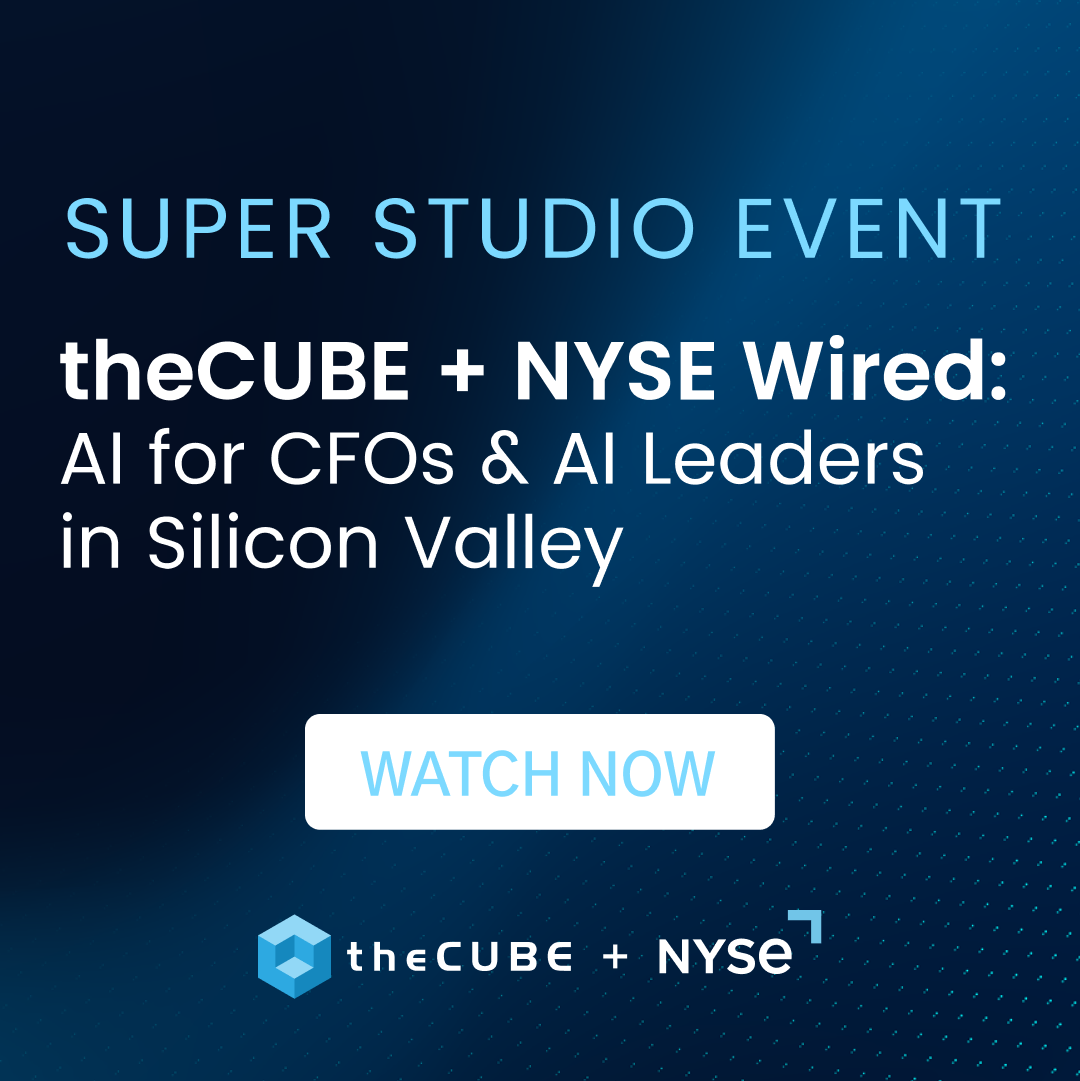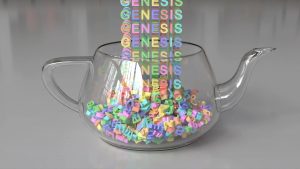Essential CDO traits: Surprising skills for success
![]() Even with great minds, diligent teams and hefty budgets, Big Data had stumped the c-suite. While CTOs and CMOs are continuing to work closely together, even together, they lack the particular expertise to analyze and draw the most profit maximizing, cost-cutting insights from data. The Chief Data Officer is an evolving position combining business savvy and technical data expertise.
Even with great minds, diligent teams and hefty budgets, Big Data had stumped the c-suite. While CTOs and CMOs are continuing to work closely together, even together, they lack the particular expertise to analyze and draw the most profit maximizing, cost-cutting insights from data. The Chief Data Officer is an evolving position combining business savvy and technical data expertise.
So, what does it take to be a successful CDO? We asked several executives for their perspectives in a recent survey to provide key insights on somewhat surprising and essential qualities. Overall, they conclude that strategic thinking, negotiation and patience are paramount. Despite discussions that suggest the CDO will one day replace the CIO, contrary to much discussion at the SiliconANGLE CDOIQ conference, most respondents believe the two roles are not in conflict.
What does it take to be a successful CDO?
The data scientist as value provider
Alex Cosmas, Chief Scientist, Booz Allen Hamilton Inc. says the Chief Data Officer’s role is not just to serve and support, but to help drive a cultural change within a business and evangelize the use of data for business decisions and strategy. Chris Jennings, VP of Technology Services, Collaborative Consulting LLC agrees that over the last few years, we have seen the role of CIO become more about adding business value versus controlling cost.
When asked about key CDO responsibilities, indeed, respondents emphasized business goals. Charles Caldwell, Logi Analytics, Inc. Director, Solutions Engineering and Principal Solutions Architect believes the key role distinction for the CDO versus CIO/CTO is that the CDO is responsible “for defining what kinds of information will be captured to support business execution.” Whereas CIO / CTO roles typically take those requirements on as defined by others (COO, CFO, CMO) and execute on delivering the technology architecture to support those requirements, “the CDO is much more active in owning the responsibility for defining those needs, as well as the supporting capabilities to generate value from that information,” according to Caldwell.
Strategic thinking

Matt Kixmoeller, VP, Marketing & Product Management, Pure Storage
Matt Kixmoeller, VP, Marketing & Product Management, Pure Storage Inc. says most companies recognize that data is a “strategic asset” that must be deployed accordingly, prioritizing the bottom line. John Williams, Chief Strategy Officer, Collaborative Consulting says “it is easy to get on a high horse about the importance of data.” While everyone may agree that ensuring data is complete, secure, correct, and available is essential for business, the challenge is to figure out how complete, secure, correct, and available data can be achieved at a reasonable cost. To this end, Williams says companies must consider: “What level of each will satisfy the business needs, without breaking the bank?” Ultimately, he argues, “being able to walk that fine line is a key skill for a successful CDO.”
The CDO must often lead boldly, willing to take unpopular stances. Peter Guerra, Principal, Booz Allen Hamilton notes that extracting the right answers from data isn’t always a straightforward process. In fact, “It takes a bit of ingenuity and the ability to think outside the box, to ask the wrong questions to get to the right ones and to seek patterns where some may think there are none.” In a similar vein, Alex Cosmas, Chief Scientist, Booz Allen Hamilton believes that it will become increasingly important for the CDO to push the envelope on reporting results and his/her subsequent business value “as business units begin to ask more of their data and look to the CDO to manage these processes and subsequent insights.” He adds, “We’re not yet seeing this type of reporting initiative come from the CDOs office, but think it could be a critical asset for them moving forward.”
Negotiation
Strategic thinking is important for CDOs since they are often required to be good negotiators, and in some cases, prove themselves. Jennings, contends, “Many people think of it as a contrived role and that is not worthy of the ‘C’ level. If that feeling infects an organization broadly, it makes it difficult for the CDO to implement long lasting, impactful change.”
John Williams, Chief Strategy Officer, Collaborative Consulting says, “Everything about managing data is a negotiation.” In this sense, he describes it as “an asset that everyone thinks they understand the value of until someone puts a price on a data initiative like governance.” The CDO must convince the business to “spend money on data, to spend the time necessary to govern the data properly, and to get the overall organization to agree on key data management issues such as security and accessibility.” Essentially, he adds, the CDO must “persuade the IT department to put the right infrastructure in place to manage the data effectively and efficiently, which can take a big bite out of the IT budget. Put simply, the CDO must be able to convince various groups to invest in an asset, which is very difficult to value.”
For the CDO to be successful, according to Jennings, the executive must “help individuals understand the need to manage data collectively.” As most of a company’s data is a corporate asset and not a stand-alone departmental asset, “the CDO must transcend disagreements between business groups and between the business and IT.”
Patience

Ingo Mierswa, CEO at RapidMiner
And, what leadership quality often comes into play when one’s perspective disrupts the norm? Patience. According to Chris Jennings, Vice President of Technology Services, Collaborative Consulting. To affect the quality and therefore the usefulness of data, CDOs often tackle governance as their first order of business. For governance to be truly effective, business processes and IT application changes are inevitably necessary. Simple tweaks will help in the short term but larger scale changes are necessary to realize the benefit of data governance. And these large scale changes do not happen overnight, they require a CDO with a vision and the discipline to drive implementation over the course of the transformation.
Patience is also important when it comes to taking the time to get every on the same page in terms of understanding the data scientists’ goals and strategy. Ingo Mierswa, RapidMiner, Inc. CEO says it’s important for CDOs to educate the executive team, while building trust and credibility as part of the evolution to a data driven organization. Also, “being a data champion [means ensuring] more factors are taken into account than intuition, which eliminates uncertainties and other complexities, helping the team [to achieve] an optimal state [and] start using company data for many applications, continuously learning from the data.”
Future of the CDO
While recent discussions suggest the CDO will ultimately eclipse the CIO/CTO, our respondents were either in total disagreement or had mixed feelings about this perspective. We basically asked, “Will the CDO eclipse the CIO/CTO?” Here’s what they believe about the future of the CDO.”
The CDO will NOT replace the CTO/CIO
John Williams, Chief Strategy Officer, Collaborative Consulting: “Absolutely not. The CDO and CIO roles are distinct and equally important. Their agendas and responsibilities are related, but not so heavily overlapped that they should be rolled into one. In fact having two distinct roles in many ways highlights the importance of data.”
Chris Jennings, Vice President of Technology Services, Collaborative Consulting: “No, they have two different functions. The CDO should focus on realizing the value of information in operational and analytics driven business processes. That will often involve IT components; however, it is not exclusively centered on IT.”
Ingo Mierswa, RapidMiner, CEO: “CDOs will not replace CTOs, because CTOs are responsible for development of applications, while CDOs are responsible for data. Nor will CDOs replace CIOs, because CIOs are responsible for IT infrastructure (including cost optimization and efficient use of technology), while CDOs are responsible for driving business value with data.”
Matt Kixmoeller, Pure Storage, VP Products: “The CDO and CIO are not in conflict. I wouldn’t say the CDO is replacing the CIO, but it’s a partnership. The whole role of the CDO is to deliver, as opposed to just being a tool. Helping companies increase the value.”
Much remains to be seen about the role of the CDO…

Leonid Feinberg, VP Products, CloudEndure
Leonid Feinberg, VP of Products, CloudEndure Ltd.: “Certainly not in the near term, especially when it comes to enterprises who are still doing great things with traditional infrastructure. However, the nature of the CIO’s role must expand to meet “new data” challenges. If a CIO cannot re-invent the traditional role, the person filling the role will be replaced (though not necessarily the title).”
Charles Caldwell, Logi Analytics, Director, Solutions Engineering and Principal Solutions Architect: “This is tricky. I see some overlap in CDO and COO functions to some degree, as well. In manufacturing, for instance, the COO has always had a strong role in Six Sigma style optimization, which has a huge data collection and analysis component. To some degree, the CDO seems like a niche of that role, or perhaps an expansion to non-manufacturing companies where COOs are less analytics driven.”
Peter Guerra, Principal, Booz Allen Hamilton: “As the technology and information needs of an organization become more varied we are seeing the CIO role fraction into more specified segments, e.g. the CDO, CTO, CISO, etc., based on ownership of specific initiatives. However, the CIO role is still very critical and what ultimately happens will be dependent on each organization and its specific needs or culture..”
A message from John Furrier, co-founder of SiliconANGLE:
Your vote of support is important to us and it helps us keep the content FREE.
One click below supports our mission to provide free, deep, and relevant content.
Join our community on YouTube
Join the community that includes more than 15,000 #CubeAlumni experts, including Amazon.com CEO Andy Jassy, Dell Technologies founder and CEO Michael Dell, Intel CEO Pat Gelsinger, and many more luminaries and experts.
THANK YOU













